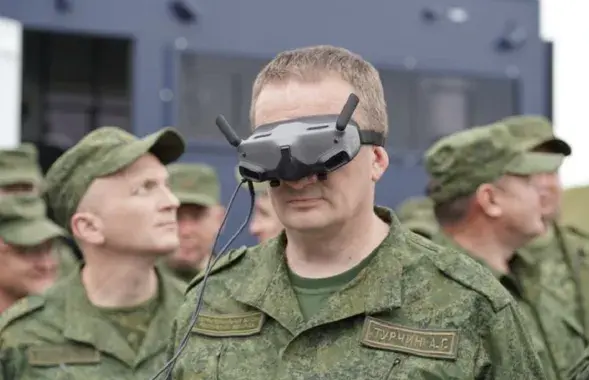History of Belarus to disappear from school curriculum next year
This information has been confirmed by Valiantsina Mayeuskaya, a deputy head of the secondary education department at the Education Ministry of Belarus. The official says an inter-agency commission is currently working to discuss the issue of uniting the two subjects beginning from the next schooling year.
“One of the tasks is to approve a curriculum where this subject will be named “History”. It will comprise two parts. One hour for the history of Belarus, while the second hour is for the world history. Things will remain as usual. It is only the name of the subject that is going to be changed”, she said.
The new curriculum will become an addition to the president’s decree on the transition to the 11-year secondary education in Belarus, according to Uladzimir Zdanovich, the Chairman of the Education, Culture and Science Commission at the House of Representatives. He says “everyone is satisfied with the plan”. However, he does not know exactly how many hours will be devoted to the history of Belarus in the general History course.
The changes are expected to affect even the senior grades which will be graduating in extreme conditions due to the transition to the 11-year general education system.
“Even the transitional curriculum for the current 9th and 10th grades stipulates two hours of the general history course”, Zdanovich said.
Volha Shautsova, a history teacher at School No 12 in Minsk, is aware of the forthcoming changes. She says that there is even a new textbook for the new course. However, it was written for the 12-year education system.
“I’ve heard about it. I know that the textbooks have already been prepared. The history is taught as an integrated course. It means that one textbook will teach the world history and… the history of Belarus if the processes studied cover the territory of Belarus. The textbook was developed for 12-year school students. I don’t know what happens on September 1”.
Volha Shautsova narrates that nobody from the officials consulted with history teachers about the unification of the two subjects. Teachers were against teaching the history of Belarus in the Russian language.
“We were not asked whether these courses should be united. Nevertheless, many agreed yet in a bit different perspective. For example, we objected to teaching the history of Belarus in Russian. History teachers support the idea of teaching our history in the native language”.
Prominent writer and historian Uladzimir Arlou describes this move by the government as an attempt to make our 1000-year-old history into a short-term spell. He would not rule out that officials could resort to cutting the number of hours devoted to the History of Belarus.
“Historical memory is a powerful creative force. Any government understands that very well. In addition, our authorities simply fear this force. It is not the first year that we have observed attempts to make our 1000-year-old history into a short-term spell that begins only in the 20th century. This is another step. We witness the revision of our history which is being edited in accordance with the current ideological standards. I would not rule out that they could reduce the number of hours for this subject…”
Uniting the history of Belarus with the world history is not a new phenomenon. This move takes us back to the Soviet times when there was only one subject – History – taught only in Russian.
Photo: photo.bymedia.net

















